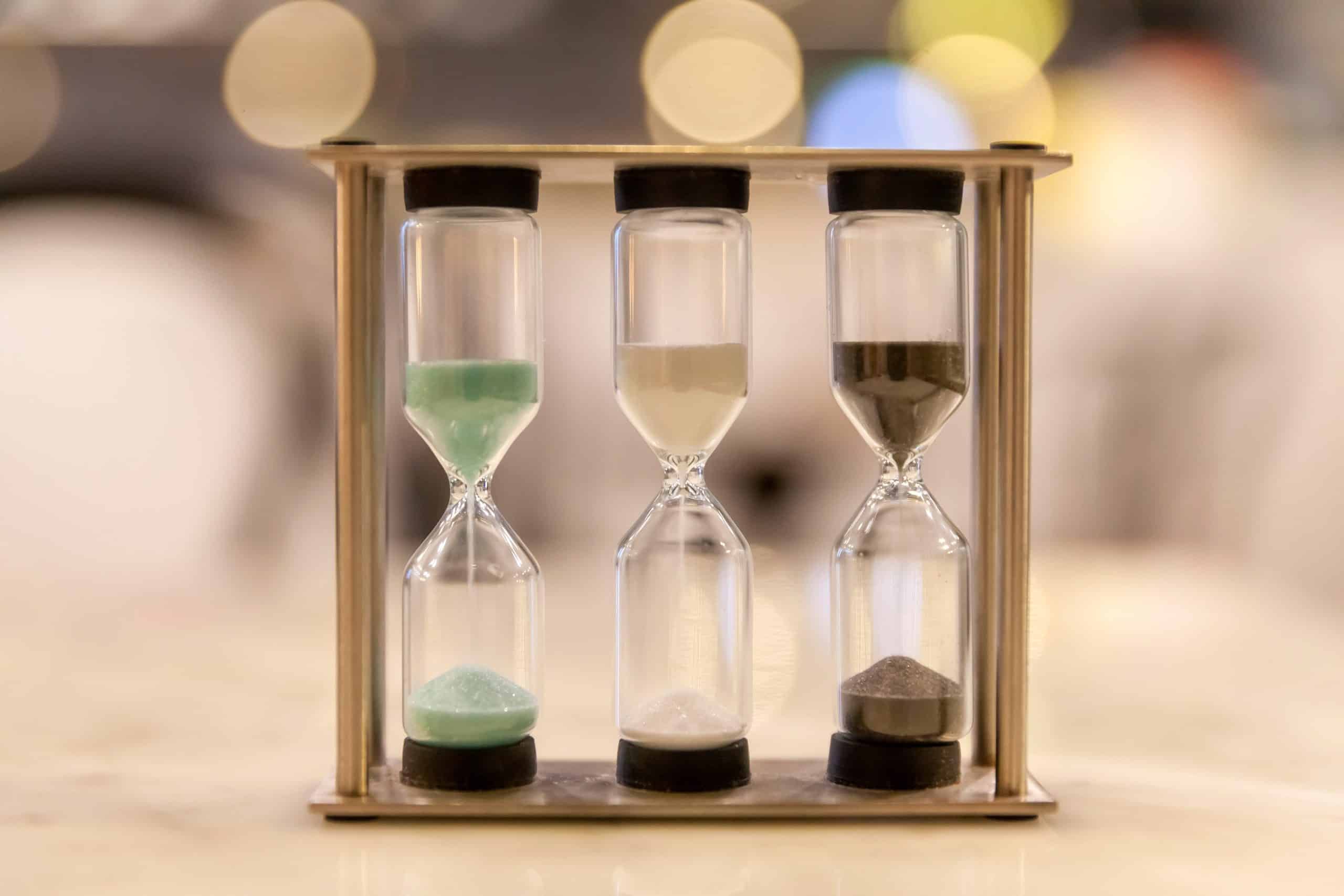The act of resistance training elicits a complex series of physiological responses that influence your body’s ability to rebuild and strengthen its muscles. These responses are heavily influenced by what you eat, and more importantly, when you eat it. Understanding the concept of nutrient timing can significantly improve your body’s ability to recover from a tough workout and prepare you for the next. This article will delve into the best nutrient timing strategies for optimal muscle recovery post-resistance training.
The Importance of Protein
You’ve probably heard the word ‘protein’ tossed around generously in the context of muscle building and exercise. The reason? Protein plays a crucial role in repairing and rebuilding your muscle tissue after a workout.
Lire également : What Are the Most Effective Breathing Techniques for Asthma Management During Exercise?
Resistance training causes microscopic damage to muscle fibers. In response, your body ramps up protein synthesis, a process where it uses amino acids (the building blocks of protein) to repair and strengthen the damaged fibers. Eating protein-rich foods or supplements post-workout provides your body with the needed amino acids for synthesis.
However, the timing of protein intake is also essential. Research suggests that consuming protein immediately after a workout is beneficial due to its ability to rapidly initiate muscle repair.
A lire également : How to Implement a Mindfulness-Based Stress Reduction Program in High-Stress Work Environments?
The Role of Carbohydrates in Recovery
Carbohydrates are another vital nutrient to consider in your post-workout meal. During resistance training, your body taps into its glycogen stores, a form of stored carbohydrates, to fuel your muscles. When these stores are depleted, your body’s performance can diminish, leading to fatigue.
Eating carbohydrates after a workout helps replenish these glycogen stores. However, the type of carbohydrate matters too. Simple carbohydrates, such as fruits or sports drinks, are quickly absorbed into the bloodstream, leading to faster glycogen replenishment and recovery.
Once again, timing is key. Consuming carbohydrates within two hours of your workout can maximize glycogen synthesis. However, if you choose to include protein in your post-workout meal, it may be beneficial to consume it within 30 minutes of your workout to provide immediate nutrients for muscle repair.
Balancing Fats in Your Post-Workout Meal
While we’ve established that protein and carbohydrates play a significant role in recovery, it’s essential not to overlook the role of fats. Consuming healthy fats post-workout can help reduce inflammation, a common occurrence after intense resistance training, and aids in the absorption of certain vitamins and nutrients.
However, because fats are digested slower than protein and carbohydrates, it’s recommended to consume them at least two hours after your workout. This way, they do not delay the absorption of other essential nutrients needed for immediate muscle recovery.
The Science of Nutrient Timing
Nutrient timing isn’t a one-size-fits-all strategy. It’s a science that can be personalized based on an individual’s body, workout intensity, and goals. Research has shown that consuming a balanced meal of protein and carbohydrates within a certain window post-workout can significantly enhance muscle recovery and prepare your body for its next workout.
It might seem like a daunting task to precisely time your nutrient intake, but the benefits are worth it. You’ll likely notice an increase in your performance and a decrease in your recovery time.
Incorporating Nutrient Timing Into Your Routine
Incorporating nutrient timing into your routine doesn’t have to be a complicated task. It can start as simply as having a protein shake or a piece of fruit after your workout. Over time, you can begin to explore more balanced meals and experiment with different types of nutrients to see what best aids your recovery.
Remember to listen to your body and adjust your intake as needed. What works for one person might not work for another. With time and attention, you can develop a nutrient timing strategy that optimizes your muscle recovery and amplifies your performance post-resistance training.
Practical Approaches to Nutrient Timing
Nutrient timing may seem like a complex strategy that would confuse the average person, but it’s really about planning your meals and snacks around your resistance training routines. There are several practical approaches to nutrient timing that can be tailored to suit your lifestyle and fitness goals.
Starting with pre-workout nutrition, aim to consume a balanced meal rich in protein and carbohydrates 2-3 hours before your workout. This allows for ample time to digest your meal and avoid discomfort during your workout. The goal of pre-workout nutrition is to fuel your body appropriately for the resistance exercise and prime it for enhanced recovery post-workout.
Immediately post-workout, within the so-called ‘anabolic window’, aim to consume a high-quality protein source to kick-start muscle protein synthesis and halt muscle protein breakdown. A study showed that ingesting 20-40g of protein post-workout could maximize muscle protein synthesis.
Carbohydrate intake during this post-workout period is also critical. Consuming around 1g of carbohydrate per kg of body weight can aid in replenishing muscle glycogen stores. This carbohydrate-protein combination has been proven to yield better results in terms of muscle recovery and body composition improvement.
Finally, don’t forget to include healthy fats in your diet, but remember to time them correctly. Since fats slow down digestion, aim to consume them at least two hours post-exercise to avoid hindering the absorption of protein and carbs.
Nutrient Timing: An Effective Recovery Tool
In conclusion, nutrient timing goes beyond merely what you eat; it also focuses on when you eat, and this can significantly impact your muscle recovery and growth. The concept revolves around capitalizing on the body’s physiological processes to optimize muscle protein synthesis, replenish muscle glycogen stores, and improve body composition.
Don’t get too caught up with the exact timing, though. While research provides guidelines on effective nutrient timing strategies, remember that these are just that – guidelines. Every individual is unique, and what works best for one person may not work as effectively for another.
Consider your workout intensity, your fitness goals, your lifestyle, and your preferences when devising your nutrient timing strategy. Start small, perhaps by adding a protein shake or a piece of fruit after your workout, and then gradually incorporate more strategies over time.
Ultimately, nutrient timing is a tool in your fitness toolbox. Use it wisely, listen to your body, and adjust as necessary. With consistency and attention, you can maximize your muscle recovery, improve your performance, and reach your fitness goals faster following resistance training.











